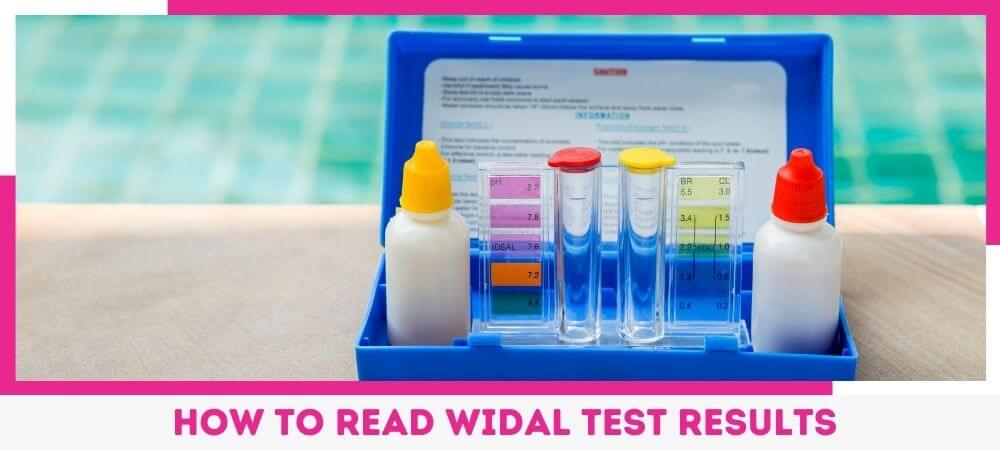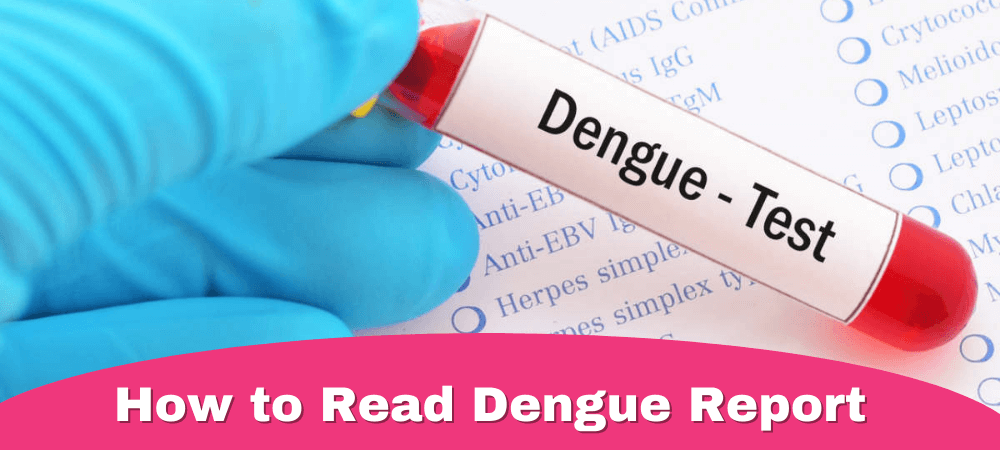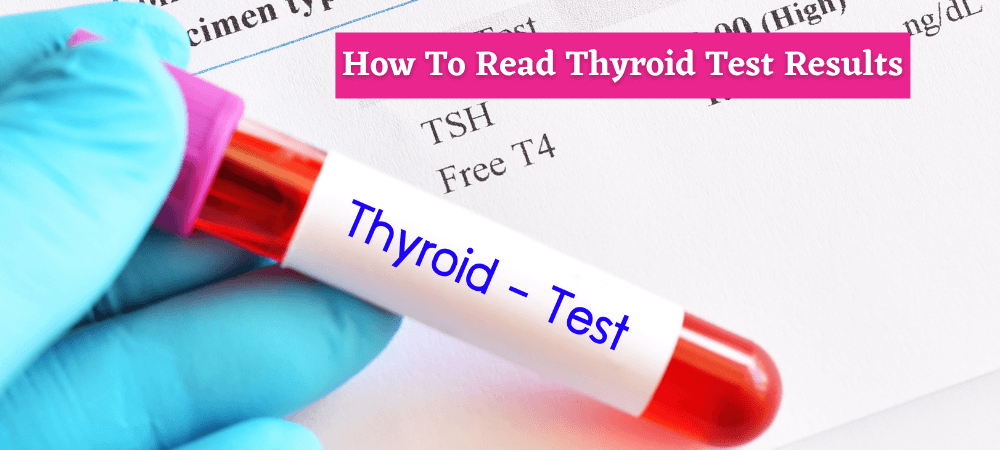Inflammation is the body’s protective response to anything dangerous. So, for example, if you cut yourself or get a burn, your body will produce an inflammatory response to this risky action.
How To Detect Inflammation In Your Body
Inflammatory responses are not only limited to physical harm; other inflammatory response triggers include toxins, bacteria, viruses, allergies, and stress. Moreover, some foods, such as fried foods, foods with high amounts of added sugar, and refined carbohydrates, are also responsible for inflammation.
Two Types of Inflammation in Your Body
- Acute
- Chronic
1.) Acute
Acute inflammation is good for the human body. When you feel physical pain inside your body, for instance, if your ankle hurts, the immune immediately sends more blood cells to that area to reduce the pain.
2.) Chronic
On the other side, chronic inflammation is harmful to your body.
Chronic inflammation happens when your body considers a non-injury a problem. Instead of sending white blood cells to encounter actual disease, it has these perceived injuries and sends all the white blood cells there, which cause swelling, hence chronic inflammation.
A chronic inflammation results in problems like arthritis, colitis, Crohn’s disease, pain and discomfort.
Signs of Inflammation in Your Body
Before we jump on reducing inflammation in your body, let’s first understand the symptoms of inflammation.
You have a sign of chronic inflammation if you start forgetting things, foggy memory, joint pain, bloating, puffiness, constipation, fatigue, lack of energy, headache, and inability to lose weight or gain weight.
Not limited to that only, but a food intake also plays a significant role in chronic inflammation. If you have a habit of eating food with trans fat and refined carbs, then you are inviting chronic inflammation also; processed foods are bad.
How to Reduce Inflammation
Reducing inflammation in your body is not complex. Follow the below steps to reduce inflammation.
- Improve your sleep cycle – 8 hours preferable
- Avoid processed foods
- Do not eat foods with high sugar.
- Exercise daily (Walking a mile or two is more than good enough)
- Reduce the consumption of soft drinks and drink more water instead.
Blood Test to Detect Inflammation
A blood test to detect inflammation becomes a priority if your blood produces more protein required than usual. In this case, erythrocyte sedimentation rate (ESR), C-reactive protein (CRP), and plasma viscosity (PV) are the blood test to check the inflammatory markers.
Bottom-Line
A good sleep cycle and nutrient food intake will solve the most inflammation. However, if you have an excessing inflammation and a consultant asks for a blood report, visit Grace Laboratory if you live in a Vadodara.





